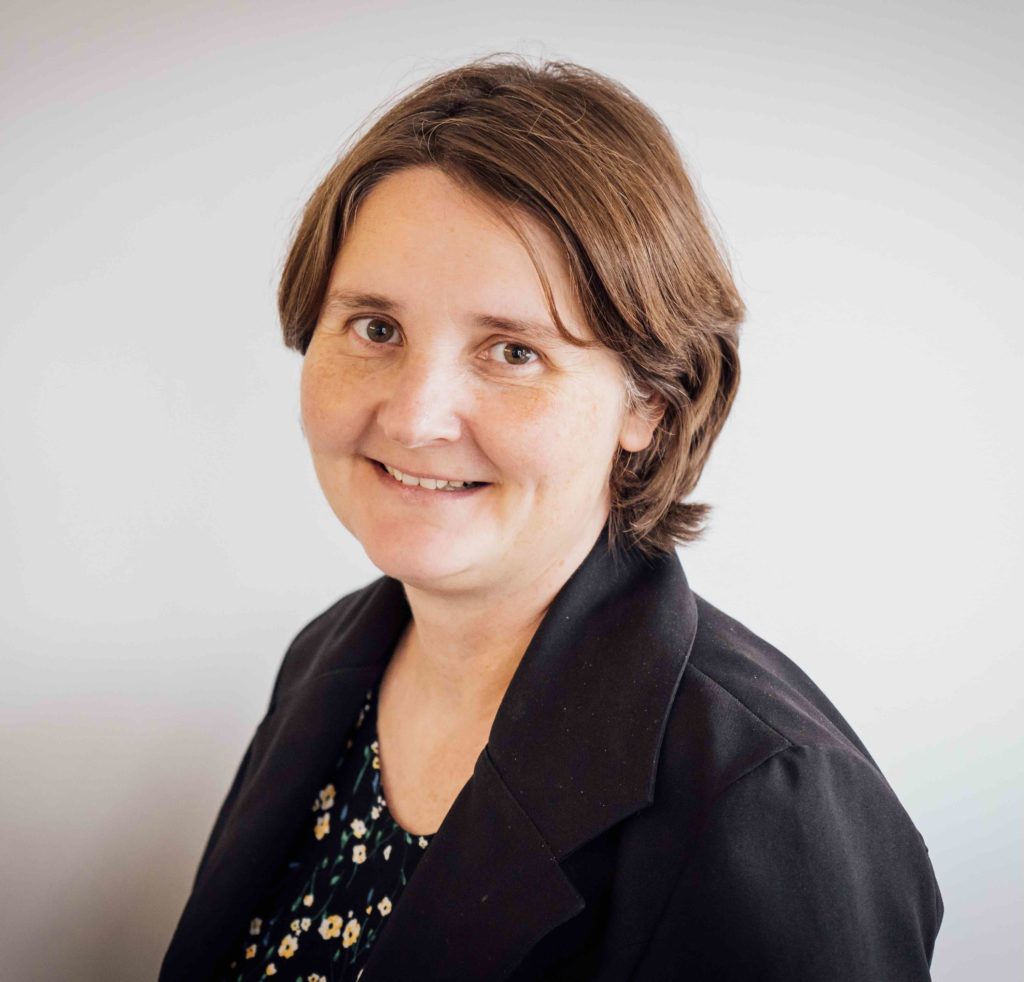PASC22 invites the HPC community to discuss how Computing and Data can be leveraged to serveAll Humankind. In this vein, the conference is dedicated to tackling some of the biggest challenges facing humanity today. Epidemiology is certainly a timely topic: COVID-19 has been testing our society for almost two years now, just as other epidemic diseases have affected local and wider regions before it. Research in this domain helps us equip ourselves for future known and unknown diseases. What is the state-of-the-art in epidemiology today? And what is on the horizon?
The PASC22 Organizing Team is pleased to announce that Olivia Keiser from the Institute of Global Health at the University of Geneva will help us answer those questions.
The Challenges of Modern Epidemiology: from Classical Field Studies to Complex Models
John Snow’s investigations on cholera outbreaks in London in 1854 are often considered to be the origin of epidemiology. By depicting cases on a map, he detected the cause of the disease. In recent times, the methods used in epidemiological research have become increasingly complex and include various inputs, including data on genetic sequences, the environment, and human behavior. This information can be processed in real time and support immediate decision making. In parallel, the amount of published literature is increasing exponentially and open science allows everyone to access and reproduce analyses. However, the COVID-19 pandemic highlighted substantial shortcomings in epidemiologic surveillance. Without capacity building, complex models with unreliable or incorrect inputs produce inaccurate results, resulting in serious policy making implications. Using HIV and COVID-19 as case studies, Olivia will introduce and discuss the benefits and challenges of modern epidemiological methods.
About the presenter
Olivia Keiser is an SNF professor in epidemiology at the Institute of Global Health (IGH), at the Univer sity of Geneva. She studied biology in Basel, and then moved to Lausanne where she worked for the Swiss HIV Cohort Study. In 2006, Olivia joined the University of Bern, where her PhD work focused on analysing HIV infected patients in Africa. After receiving an SNF Professorship in 2017, Olivia moved with her group to Geneva. Her research group takes an interdisciplinary approach that combines mathematical modelling (including cost-effectiveness analyses), analyses of cohort data, data- and text mining, systematic reviews, and qualitative research techniques. The current focus is on HIV and COVID-19.
sity of Geneva. She studied biology in Basel, and then moved to Lausanne where she worked for the Swiss HIV Cohort Study. In 2006, Olivia joined the University of Bern, where her PhD work focused on analysing HIV infected patients in Africa. After receiving an SNF Professorship in 2017, Olivia moved with her group to Geneva. Her research group takes an interdisciplinary approach that combines mathematical modelling (including cost-effectiveness analyses), analyses of cohort data, data- and text mining, systematic reviews, and qualitative research techniques. The current focus is on HIV and COVID-19.
